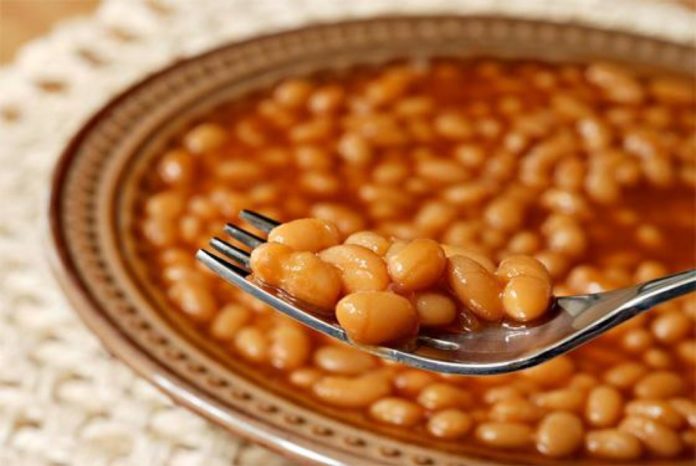Beans are a food most people think of as causing gas, but can it be avoided?
Everyone passes gas about 14 times a day, and it can happen even while sleeping. Gas is part of the natural digestive process, and there’s no getting around it. If gas isn’t bothersome for any reason, it’s typically not something to worry about. However, many people find gas embarrassing or even painful, and would like to have less gas. Other people think they may be passing what is an excessive amount of gas (though truly passing too much gas is rare).
Why do beans cause gas, and for those that love them, can anything be done to reduce the possibility of beans giving you gas?
What Is Gas?
Intestinal gas is primarily composed of hydrogen, nitrogen, and carbon dioxide — which are all gasses that are, in fact, odorless. In about one-third of people, however, intestinal gas also contains another ingredient: methane. It’s unclear why some people’s bodies produce methane and others do not. One way to tell if there is methane in gas is to look at stool: people who produce methane typically will have stools that float in water.
Why Do Beans Cause Gas?
Beans (legumes) cause gas because they contain a particular sugar, called an oligosaccharide, that the human body can not break down fully. Oligosaccharides are large molecules and are not broken down and absorbed in the same way that other sugars are, by the normal digestive process that takes place in the small intestine. This is because the human body actually does not produce the enzyme that breaks down oligosaccharides.
Oligosaccharides make it all the way through the digestive tract to the large intestine still intact and as yet undigested. It is the bacteria that live in the large intestine that finally break down the oligosaccharides. This process is the one that produces the gas that must eventually come out of the rectum as flatulence.
By the same principal, other foods that come into the large intestine without being absorbed in the small intestine will cause gas. For example, stress can cause food to move through the digestive tract too quickly to be properly digested, with the end result being more gas produced in the large intestine.
How To Prevent Gas From Beans
To prevent gas that is caused by eating beans or other foods, the oligosaccharides must be broken down before they reach the large intestine and become food for the resident bacteria that live there. There is an enzyme that breaks down oligosaccharides, which is called alpha-galactosidase. This enzyme (which the human body does not make) is derived from the fungus Aspergillus niger and is available for purchase under the brand name Beano and others.
Alpha-galactosidase is not appropriate for people with diabetes to take, as it may lead to an increase in blood sugar level. People who have mold allergies may have an allergic reaction to alpha-galactosidase, so it may not be an option in these cases. Alpha-galactosidase may increase galactose levels and therefore should not be used by those who have the genetic disease galactosemia.
A Word From Verywell
As long as it’s not causing pain or excessive bloating, gas is a normal and expected part of the digestive process. In fact, gas is an indication that things are going the way they should in the intestines. Gas itself from diet won’t cause any real harm, but taking steps to minimize gas can be used if it causes too much trouble. People who feel they truly have too much gas or discomfort from gas should talk to a doctor about how best to manage it.




















































